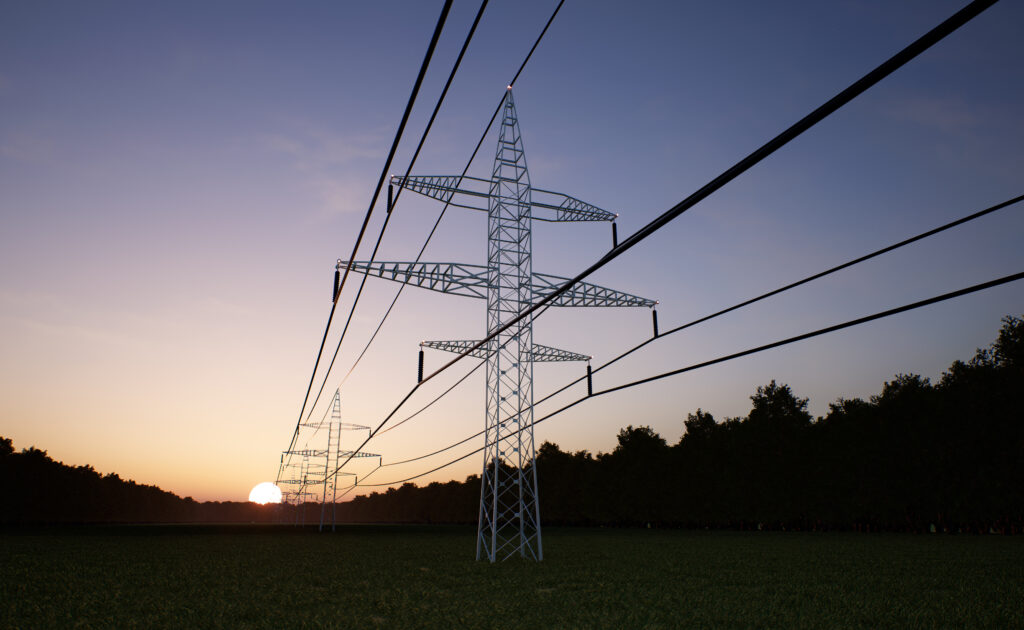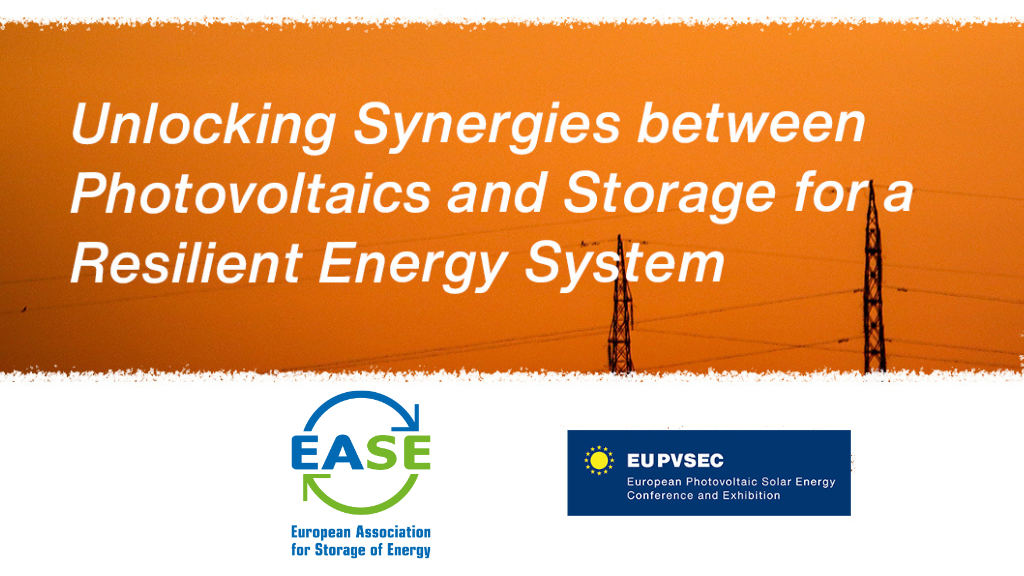26.09.2018 / Storage4EU
Enel Develops a Stand-alone Battery Energy Storage System in UK

The 25MW/12.5MWh BESS Tynemouth project is supported by a four-year contract with British utility National Grid to provide grid balancing services.

The UK electricity market has experienced the gradual shutdown of conventional thermal generation units during the last years while increasing amounts of intermittent renewables have been connected, reducing the inbuilt system inertia.
The resultant rise in frequency volatility has increased the requirement for faster response times by National Grid, the UK TSO. At the time of the tender in 2016, National Grid’s fastest service was the Firm Frequency Response (FFR), with response times for Primary and Secondary FFR of 10 seconds and 30 seconds respectively. The deployment of EFR, with a sub-second response time, has provided NG with greater control over frequency deviations, resulting in a cost saving for the system.
In summer 2016, National Grid’s Enhanced Frequency Response (EFR) tender brought forward investment in eight battery storage facilities in the UK. The auction process secured 201 MW of capacity for a 4 year contract at prices between 7 and 11.97GBP/MWh, at a total cost of £65.95 million over four years.
In May 2017, Enel acquired the BESS Tynemouth project from Element Power, an European based energy developer and operator. The project has one of the highest contract prices by National Grid (11,49GBP/MWh). With a nominal capacity of 25MW/12.5MWh (end of life), the project represents the largest stand-alone BESS for Enel Group. The project was built during the second half of 2017 under an EPC contract with RES (Renewable Energy System), using a lithium-ion battery provided by Samsung and put in operation in June 2018.
BESS Tynemouth will operate under a four-year Enhanced Frequency Response (EFR) contract with National Grid to provide grid balancing services and, after four years, the project will participate to the ancillary services market.
The UK is one of the most advanced markets in the world for utility-scale battery storage systems and one of the first in having set a frequency regulation tender well suited for stand-alone battery storage projects. Moreover, the country offers several revenue stream opportunities, including both regulated and market remuneration schemes. This has resulted in rapid deployment of BESS across the UK over the past three years, with different storage projects winning an EFR contract and also targeting different ancillary service market schemes.
Enel’s BESS Tynemouth project has marked an important milestone in the growth of Enel Group in the stand-alone battery energy storage systems sector and has allowed Enel to gain experience and strategic knowledge in building such projects which can be applied to other markets.




